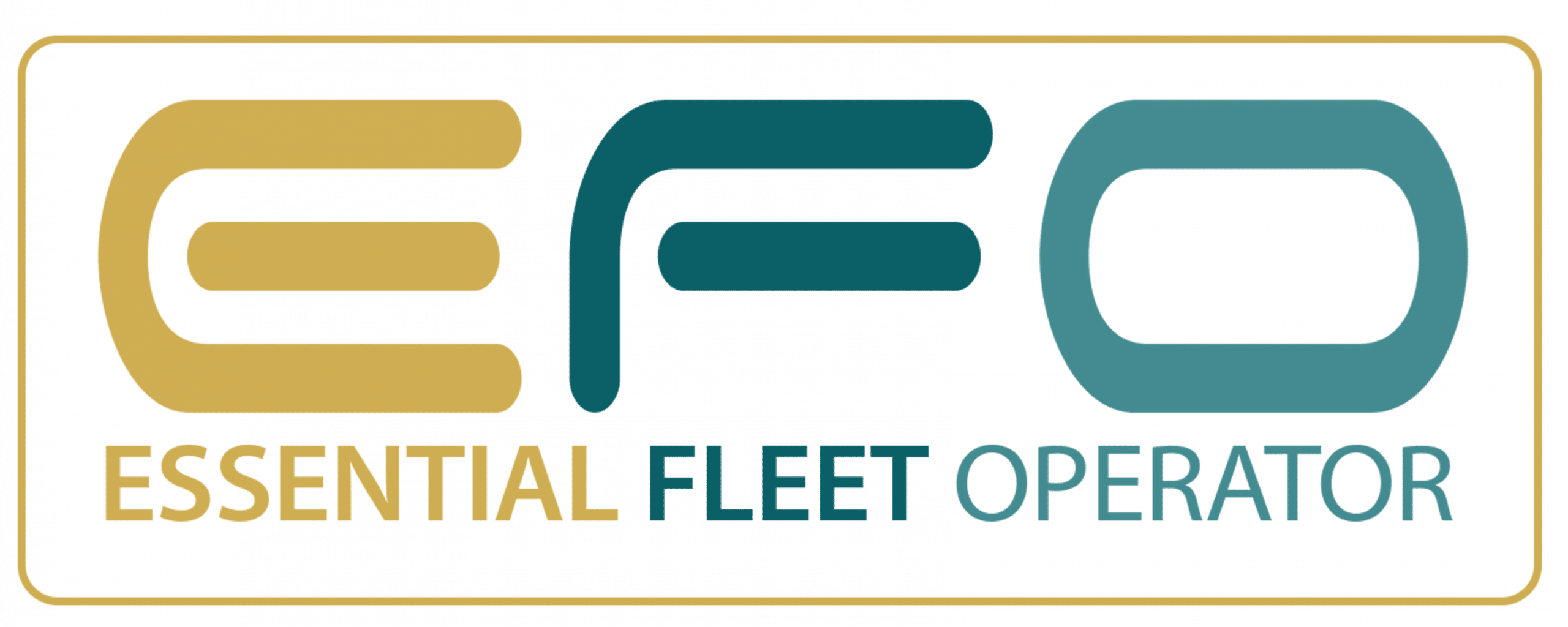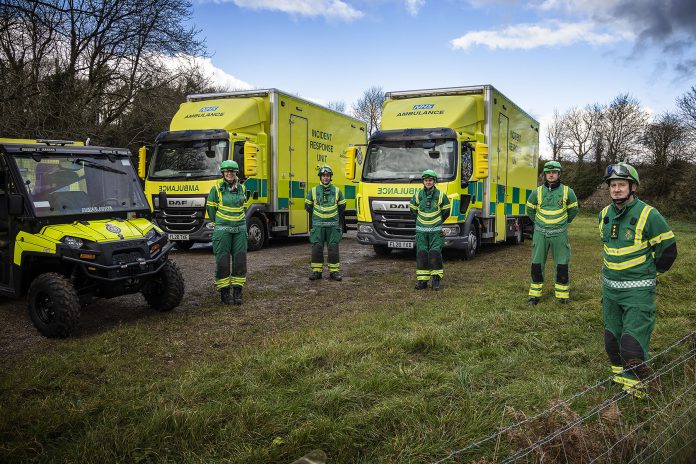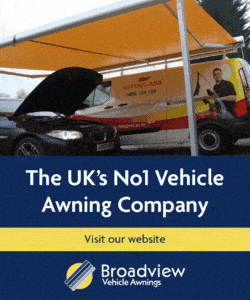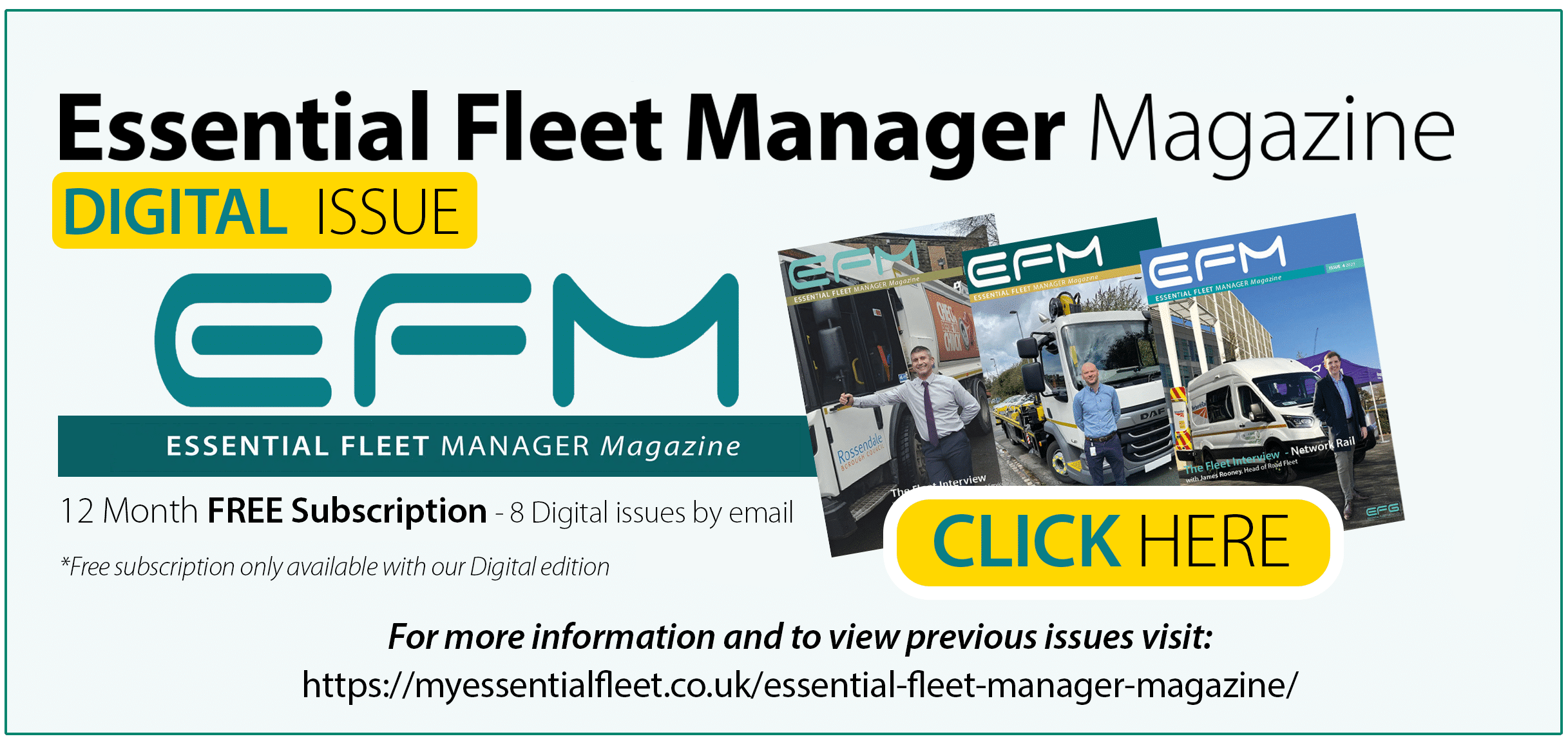Highly trained Hazardous Area Response Team (HART) paramedics in the South West have become the first in England to take delivery of new-generation incident response units that enable them to reach emergency scenes at difficult-to-access, off-road locations more quickly and efficiently.
The purpose-designed transporters which carry 6×6 Ranger Polaris all-terrain vehicles are the product of a new partnership between leading ambulance specialist WAS UK and Commercial Motor magazine’s Bodybuilder of the Year Bevan Group.

HART was established by the National Ambulance Resilience Unit (NARU) and its teams comprise specially recruited personnel who are equipped to attend high-risk and complex incidents.
The transporters are based on 7.5-tonne DAF LF chassis. Each is fitted with a box body and integral, split beavertail ramp, which allows for rapid deployment of the ATV – the longer section of the ramp also forms the rear closure.
The Polaris is capable of carrying a driver, up to two more paramedics and a patient on a stretcher. The transporter’s design – a 2.0-tonne winch is also fitted – allows the ATV to be safely loaded and unloaded. The ATV is firmly secured during transportation by front wheel retainers and ratchet straps that anchor the back axle to the floor.
Other features include a power management system configured by WAS to operate the emergency response communications equipment and blue lights. A side door with fold-out step providing easy access to the front of the body, and a bulkhead cupboard which provides storage.
A pressure washer fed from a 100-litre water tank is neatly stowed behind the truck’s back axle, and used to hose down the ATV following off-road operation, while the floor of the truck body has a watertight anti-slip finish so can be easily washed out.
HART teams are based in each of England’s ten NHS Ambulance Trusts, which means they can cover the entire country. Their role is to help save lives by triaging and treating casualties, including other emergency personnel injured while performing their duties. HART teams from different Trusts will often work together, alongside the police and fire & rescue services, within the inner cordon or ‘hot zone’, at large-scale and high-profile incidents.
WAS UK and Bevan Group have been commissioned to build 14 transporters for English NHS Ambulance Trusts – the first two were recently delivered to the South Western Ambulance Service NHS Foundation Trust. NARU has also ordered two for training and “resilience” purposes, while a further three, which are based on the same specification, have just been delivered to the Scottish Ambulance Service.
WAS UK is an established supplier to NARU and the National HART teams, for which it builds various other types of specialist vehicle. It is also the primary contractor where the new transporters are concerned. Given the nature of the application WAS decided to identify and work with a third-party experienced in the construction of bodies of this type, while overseeing the project and contributing its own expertise in response vehicle conversions.
Tom Howlett, WAS UK’s Sales Engineering Manager, recalled: “The extensive research we conducted to identify the right partner included speaking to ambulance fleet managers who’d worked in different transport industry sectors previously. Bevan’s name kept coming up.
“WAS is at the premium end of the market in terms of quality, and the same is true of Bevan Group, while its customers also benefit from excellent warranties and aftersales support. I made contact with Bevan and liked what I heard, quickly realising this was a company we could do business with.”
Over the last 18 months WAS UK and Bevan Group have met regularly with NARU to refine the specification of the new transporters. “The Bevan team were very forthcoming when it came to sharing ideas,” recalled Mr Howlett. “Given that we specialise in medical response vehicles at WAS, their expertise in transportation conversions was invaluable.”
The new transporters are replacing the first-generation trucks that HART teams have been operating for the last 10 years. These are also based on 7.5-tonne chassis but fitted with hook-loading equipment which is used to offload and pick up the special pods that carry the ATVs. Not only does the process of deployment take considerably longer than with the new, Bevan-built trucks, but it also requires a good deal more space to safely offload the pod.
NARU consulted with front-line HART personnel from every NHS Ambulance Trust before drawing up a specification for the new vehicles. Head of Capabilities Gerry Byrne explained: “We’ve learned a lot over the last decade about how these vehicles are deployed and used, and all of that knowledge went into the new design.
“The latest Polaris has a longer patient area than its predecessor, which means the stretcher is fully enclosed within the heated vehicle. As a result, the ATV is more comfortable on rough terrain and more efficient than the previous version. As far as transportation is concerned, we were keen to dispense with the demountable pod system and move instead to a box body.”
Payload was crucial and this was addressed by the beavertail ramp solution, which offers a substantial weight saving over a tail-lift, as well as the light but strong and durable body panels.
“The new transporters are a lot simpler and safer for HART teams to operate, which means less training is required,” said Mr Byrne. “We began work on this project two-and-a-half years ago and in the latter stages liaised closely with WAS and Bevan to fine-tune the design, for example by giving personnel a bit more room to move either side of the ATV.
“Notwithstanding the delay that was an inevitable result of the first national Covid-19 lockdown, all went extremely smoothly. It was a two-way process and the experience of working with both companies has been an entirely positive one. We’re delighted with these new, fit-for-purpose transporters, and I know the same is going to be true of the HART crews who use them.”
The National Ambulance Resilience Unit (NARU) was established in 2011 to provide central support and ensure that the ambulance service is able to respond to a variety of hazardous and challenging incidents in the safest and most effective way possible. In 2019/20 England’s rigorously trained HART personnel attended 13,379 incidents.





